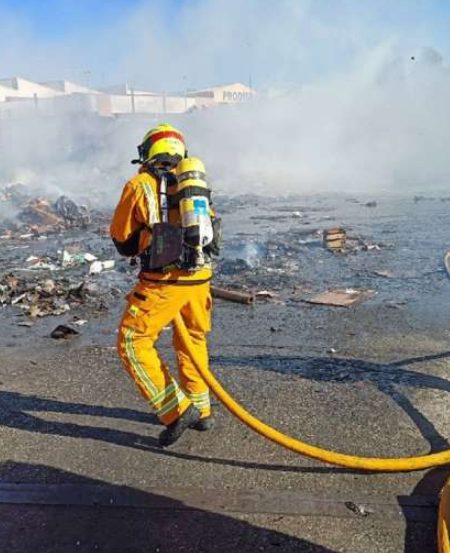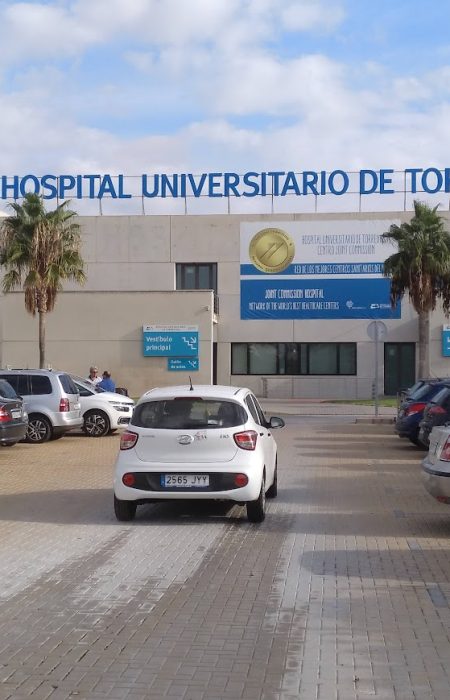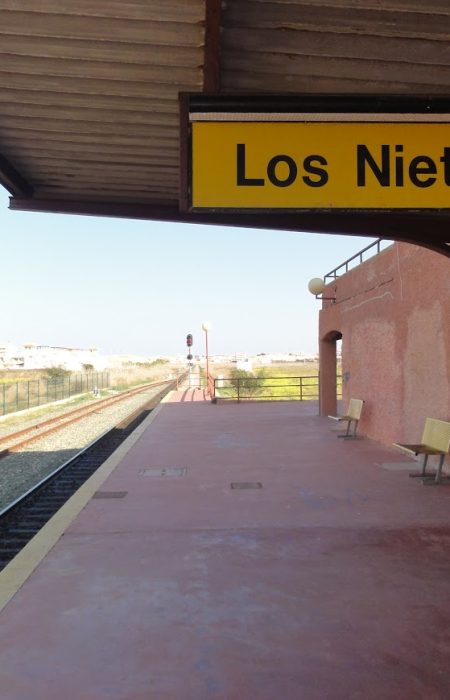Iratxe Sorzabal, a former ETA leader, has denied her involvement in the attacks and has claimed that her confession to that attack and 21 others, which were recorded in a ‘kantada’ (a handwritten note sent by ETA members to the gang’s leadership after their arrest), was obtained under torture. She is currently facing six years in prison.
This is the statement she made in response to her attorney during the trial at the National Court, which is currently preparing for sentencing. The Public Prosecutor’s Office is requesting a six-year penitentiary sentence for her.
Sorzabal, who wept as she recalled her second arrest in 2001 and her time in police detention, insisted that she began collaborating with ETA in 1996. However, she denied that she was a member of any commando group, as her responsibilities with the group included securing the border with France.
During her interrogation, the former ETA member disclosed that the Civil Guard subjected her to a variety of forms of torture after her arrest. She discussed electrodes that caused burns on her back, bags being placed in her mouth, and blows. This experience compelled her to disclose the information she was compelled to admit as her own in the “kantada” and during her incommunicado detention at police stations.
“I signed because I had not slept for two days,” he stated. He also took 28 photographs and offered to claim the attack on Carrero Blanco as his own, which elicited amusement from the officers.
The prosecutor in the case, Carlos García Berro, maintained his request for Sorzabal’s sentence following his statement. He explained that in this case, there are only two essential pieces of evidence: the statement made by the ETA member herself and her ‘kantada’. He acknowledged the latter as valid, suggesting that the defence cannot assert that this handwritten note should be acknowledged in certain trials but not in others: “It is Schrödinger’s ‘kantada’.”
He emphasised that the document should be analysed independently of the police statement and the circumstances of the arrest in this regard. He described this type of note as genuine and spontaneous, as it was a “compulsory accountability by ETA.” Consequently, he disassociated this note from the police statement.
He also emphasised specific details about her, including the fact that she was recruited by her companion, Iñaki Tellechea, who was also a member of the gang, to join ETA in 1994.
Nevertheless, Sorzabal’s defence, which initiated its report by advocating for a complete acquittal, underscored that this is a case in which the detainee was subjected to torture, that a handwritten note containing an account of her statements at the police station is included as evidence, and that if this rant is attributed to Sorzabal, it cannot be used to secure her conviction due to the violation of her constitutional rights.
Consequently, he expressed his scepticism that Sorzabal would have composed that note if she had not been tortured and suggested that it is challenging to legalise evidence of this nature when the detainee’s fundamental rights have been violated. He added a final issue after elucidating the procedural loopholes that complicate the validity of the evidence: if it were a confession, it would also be invalid because it was made without the presence of a counsel and without the knowledge of her rights.
“The nullity of the evidence is the only viable alternative.” He also stated that they are attempting to convict using null evidence and a handwritten note that has been inadequately translated and misinterpreted.
Sorzabal is accused of placing an incendiary device at the Altet Airport in Elche (Alicante) on July 29th, 1995, according to the Public Prosecutor’s indictment. At 12:45 p.m. on that day, a cleaning lady was “emptying the trash can located in the tunnel connecting the parking lot with the passenger arrivals area” when she “observed a bag containing a package containing cables and a battery.”
“After being notified, the State Security Forces and Corps proceeded to cordon off the area, and the Tedax deactivated the device, which turned out to be composed of a digital clock, a 9-volt battery, 500 grammes of the explosive substance Ameritol, an electric detonator, and some cables,” according to the prosecutor’s office information.
The information provided indicates that “no personal or property damage occurred, even though the explosive device was placed with the aim of causing maximum damage to people and public and private property.”
This marks the second occasion in which Sorzabal has been dragged before the court this year. The former ETA leader was tried for an October 1995 attack at the Irún border crossing (Guipúzcoa) that damaged the Spanish customs office at the end of last February. She is currently facing a 12-year prison sentence for this offence.
Sorzabal, who is currently awaiting her sentencing, denied “everything” during her statement as the accused. The statement also examined the accused’s “kantada,” which includes assaults that, at the time of their recording, had no clear perpetrator, such as the two aforementioned.
The manuscript that the former gang leader recounted “is everything” she “was made to memorise, with every detail” at the police station maintained.
The significance of this “kantada” is that it references attacks that have not been prosecuted or ascribed, such as the one that occurred against a Mapfre branch in 1993. This is precisely the reason why the tribunal did not concentrate on the Irún attack, but rather on the validation or dismantling of the document’s content.








No Comment! Be the first one.